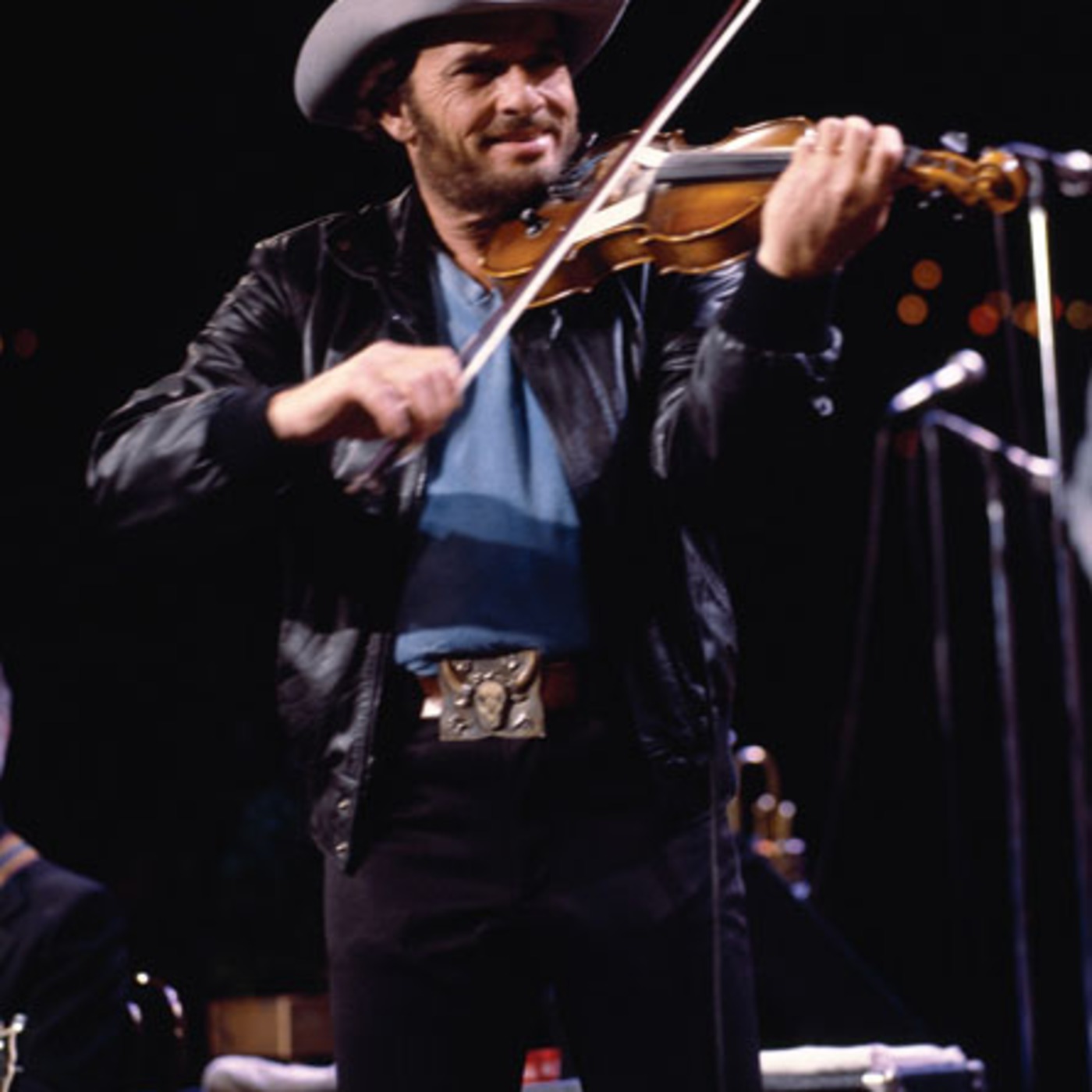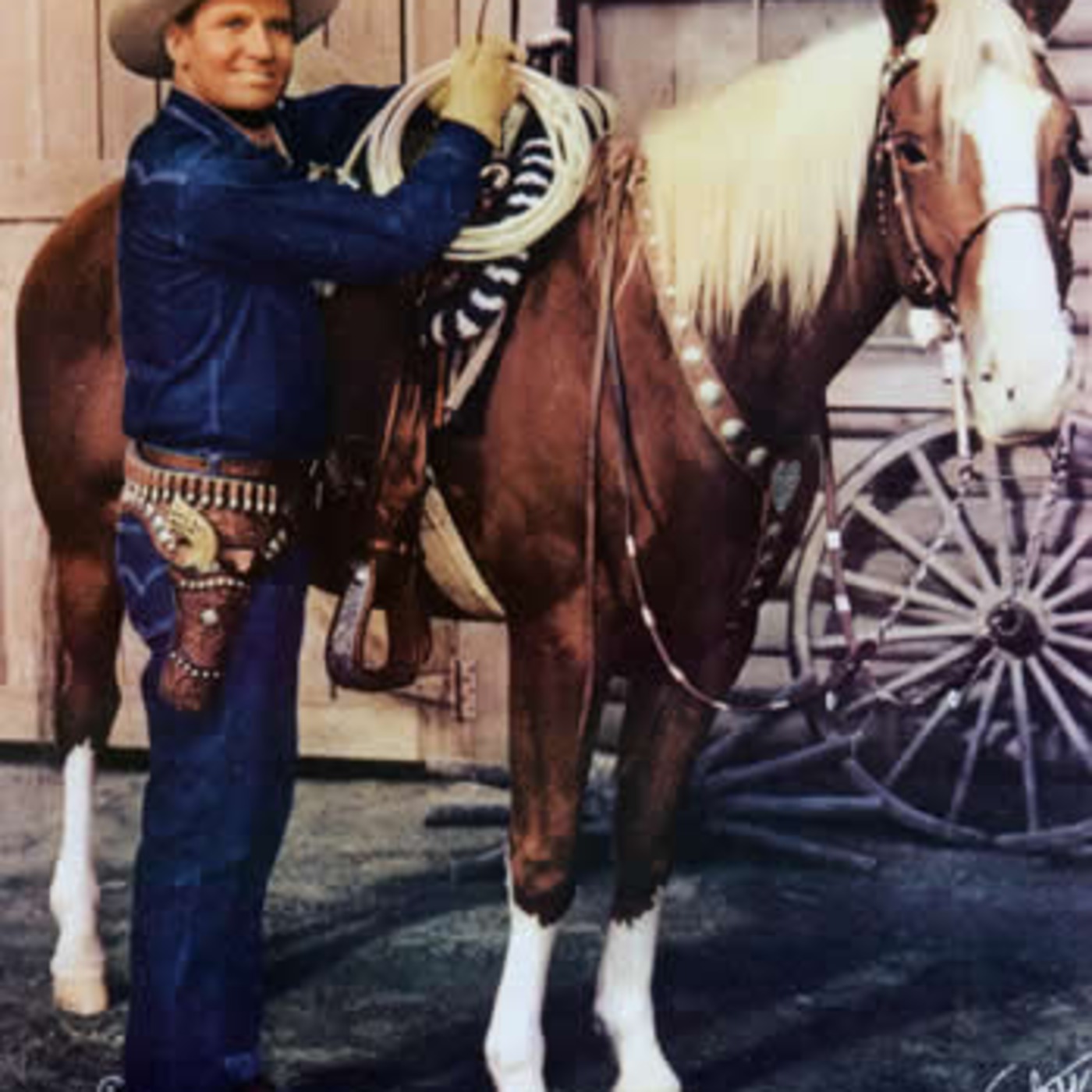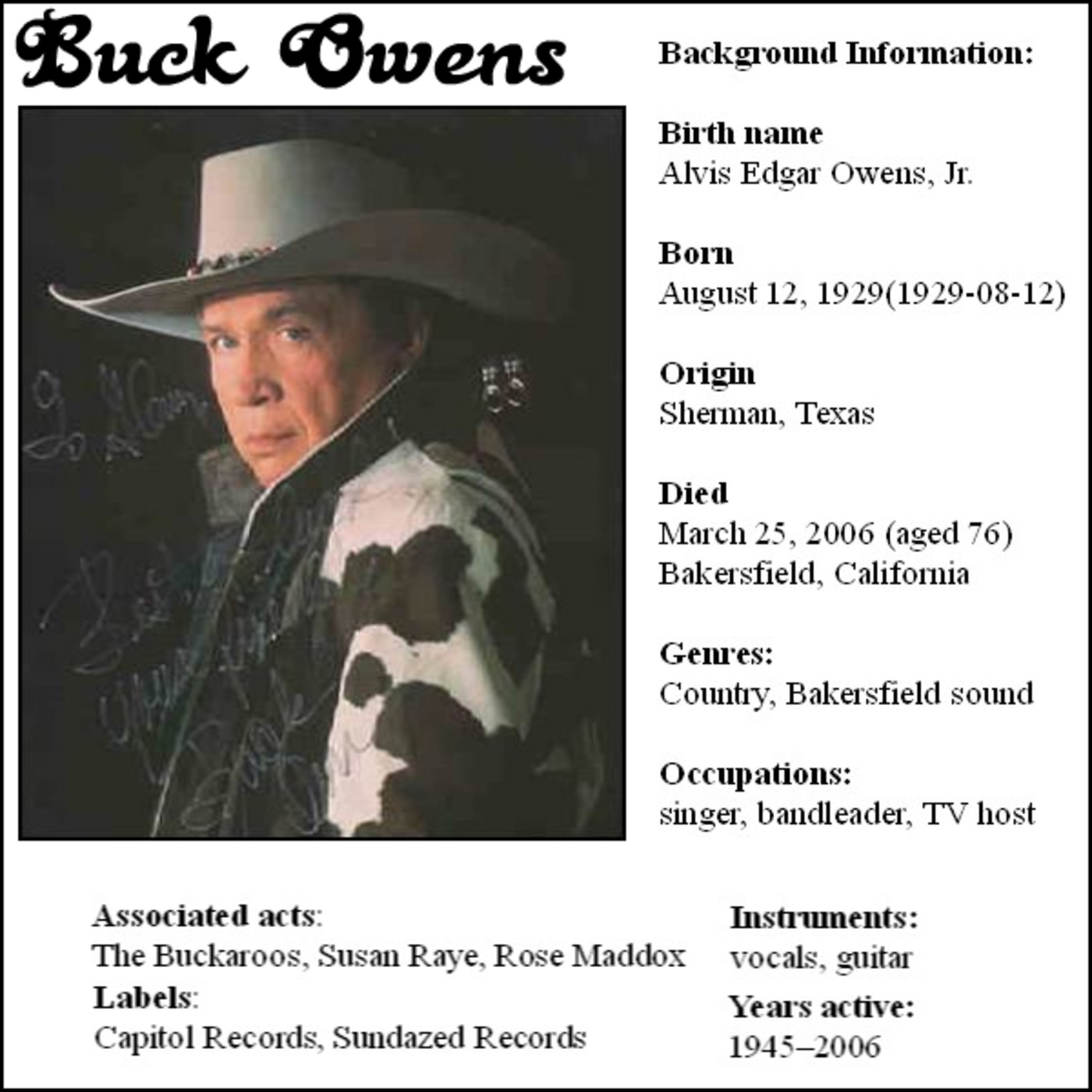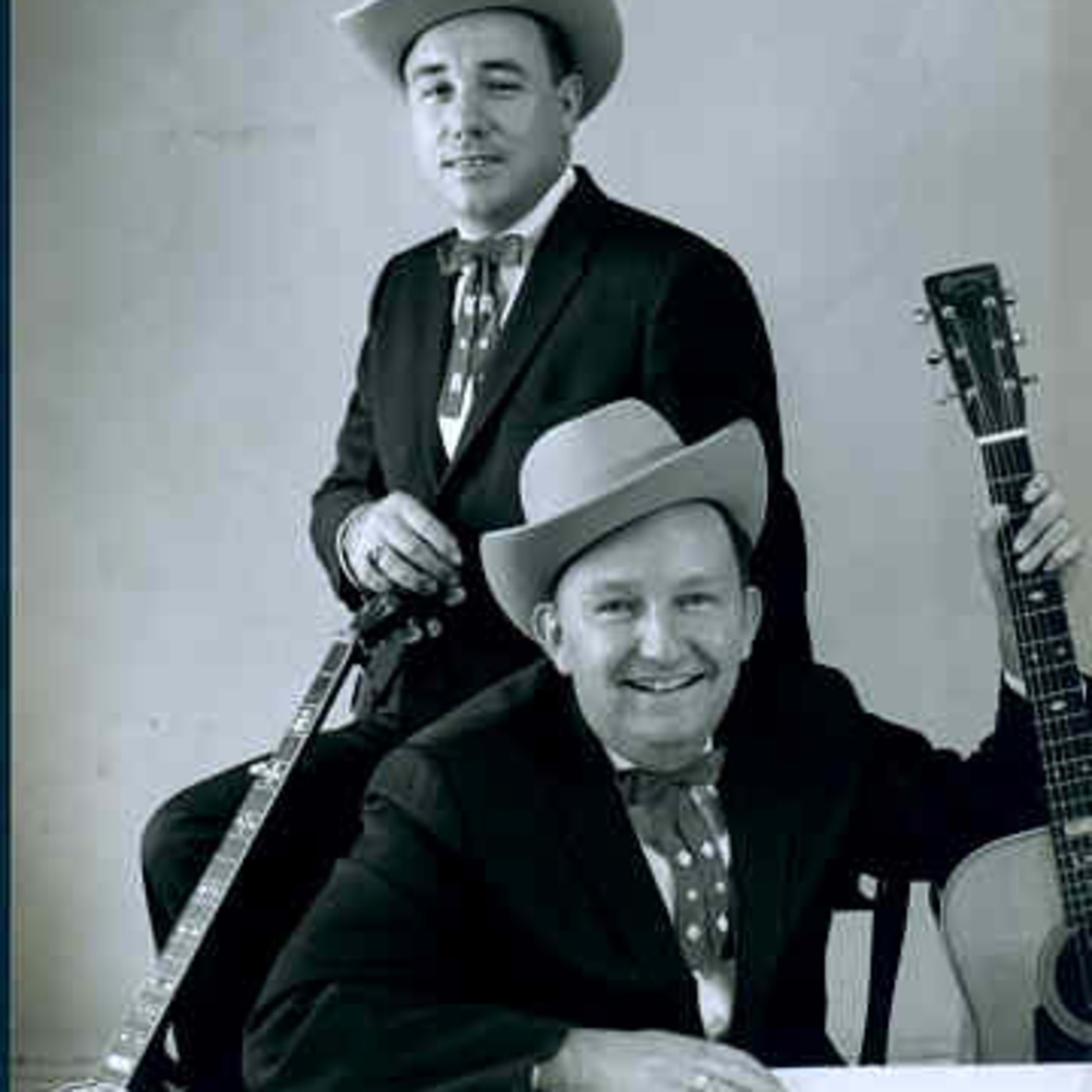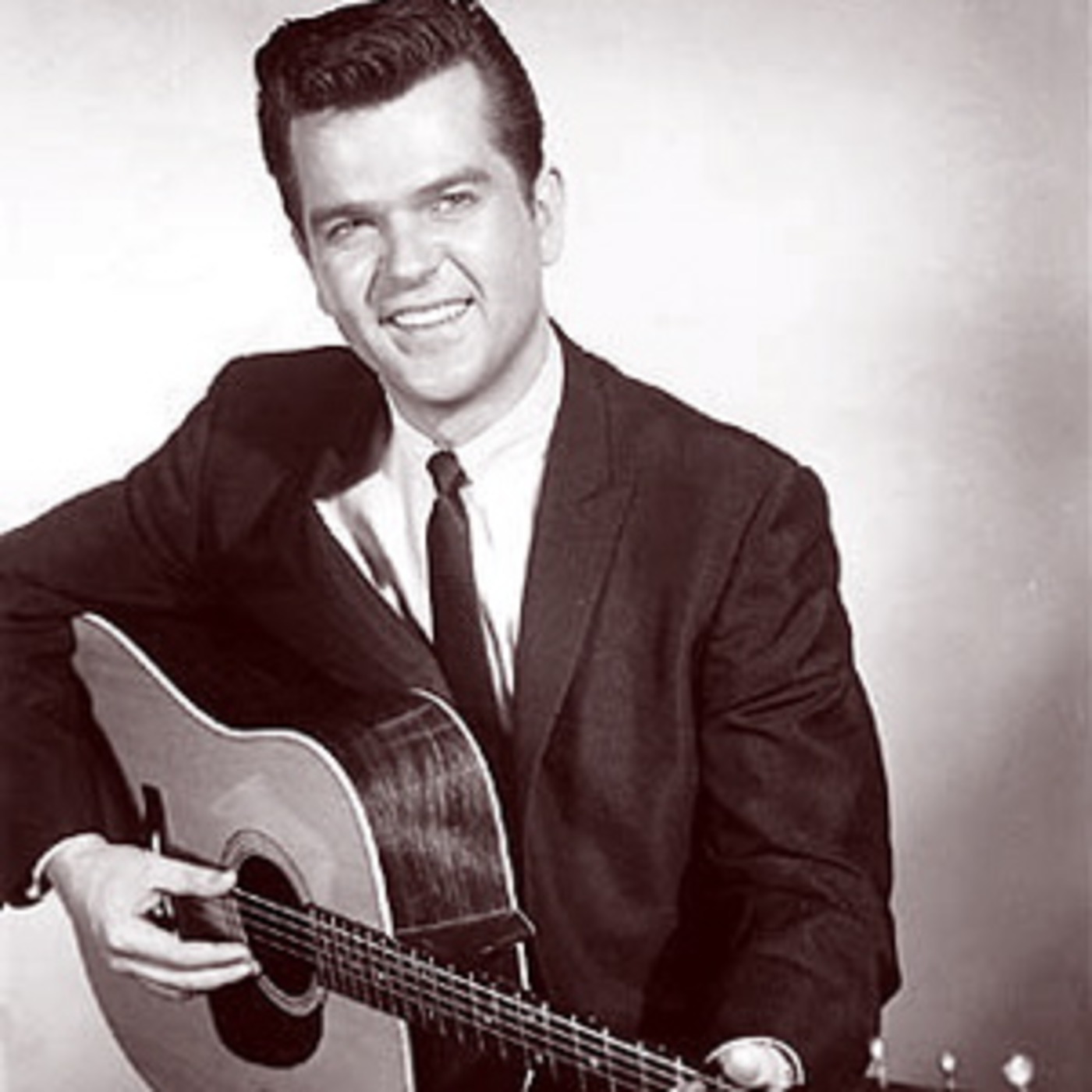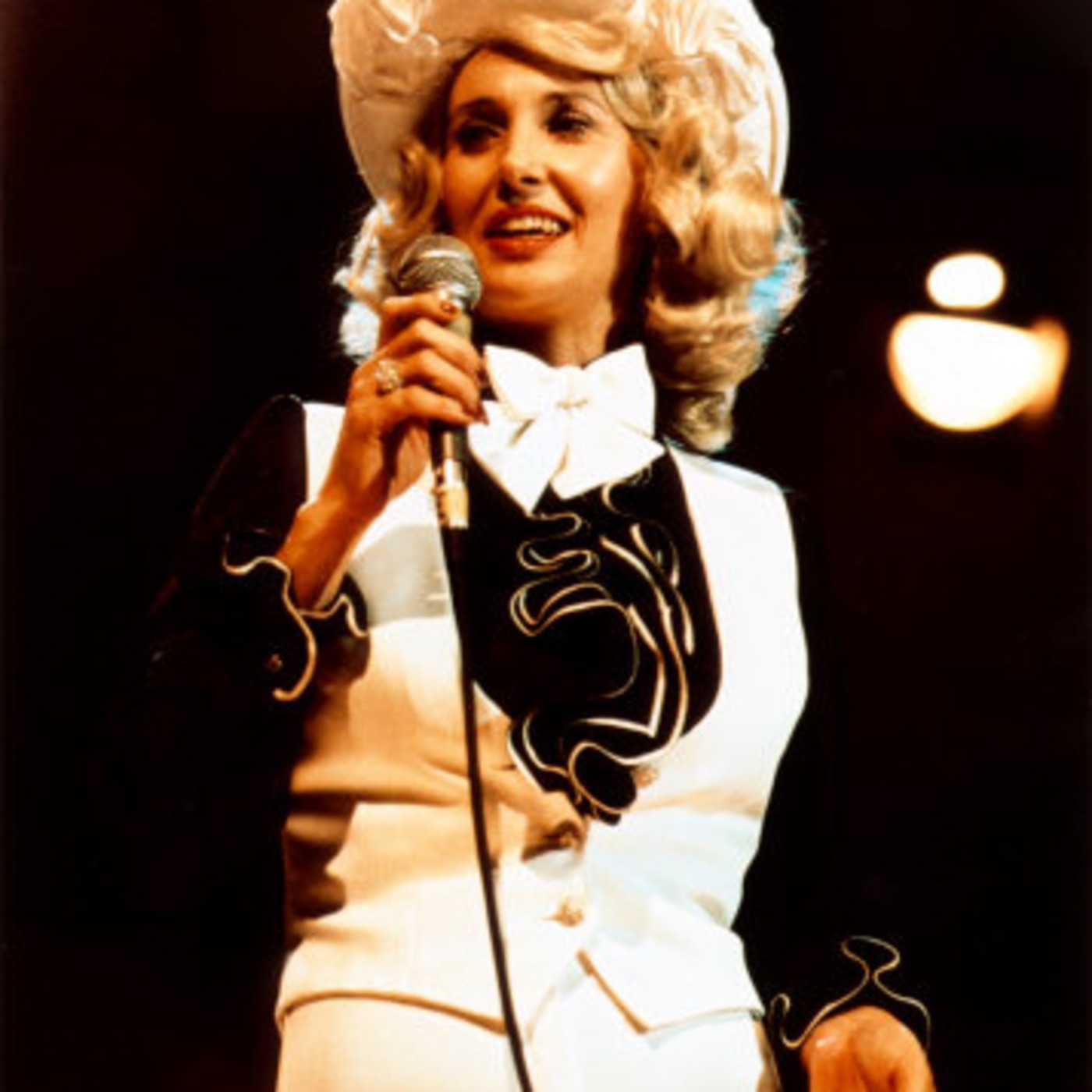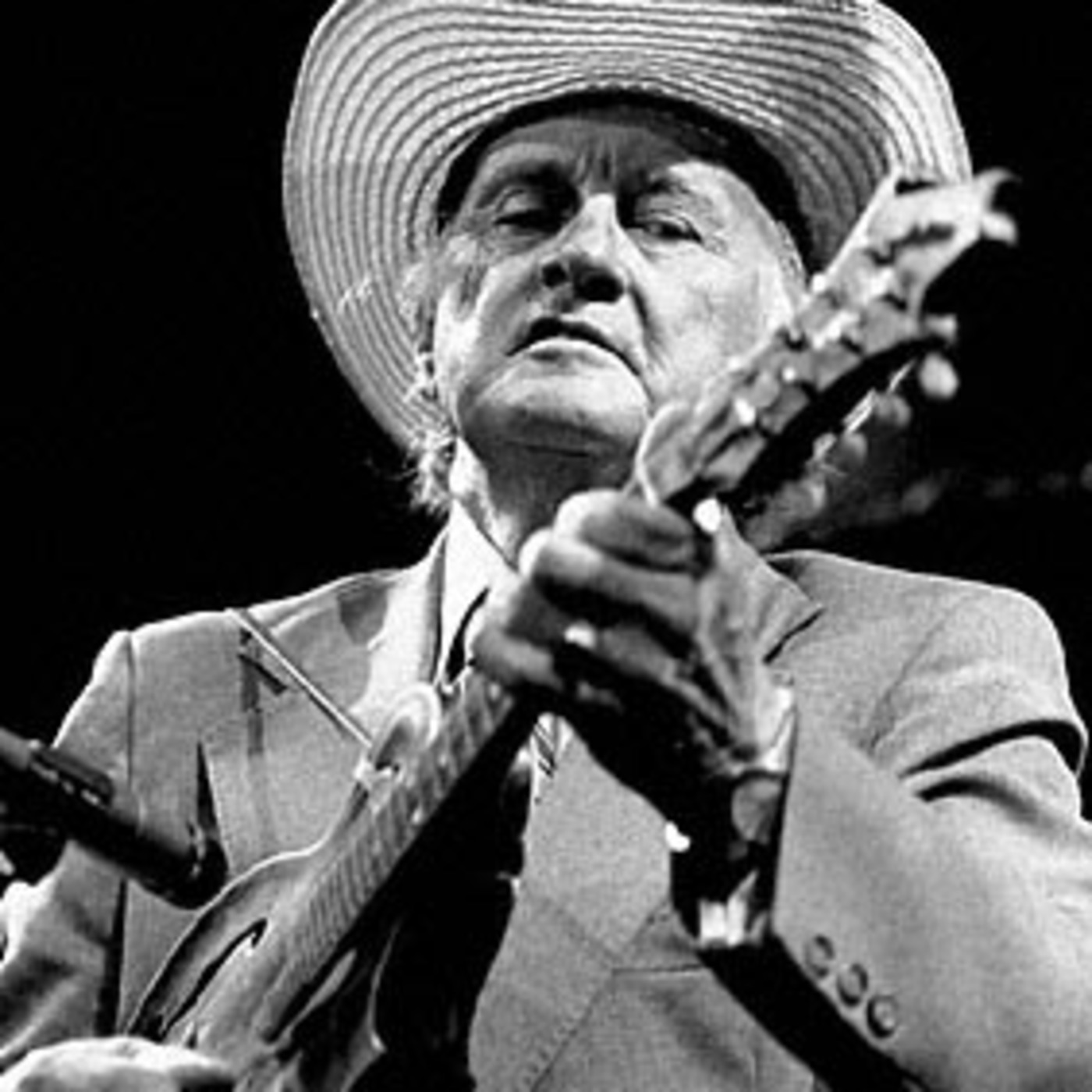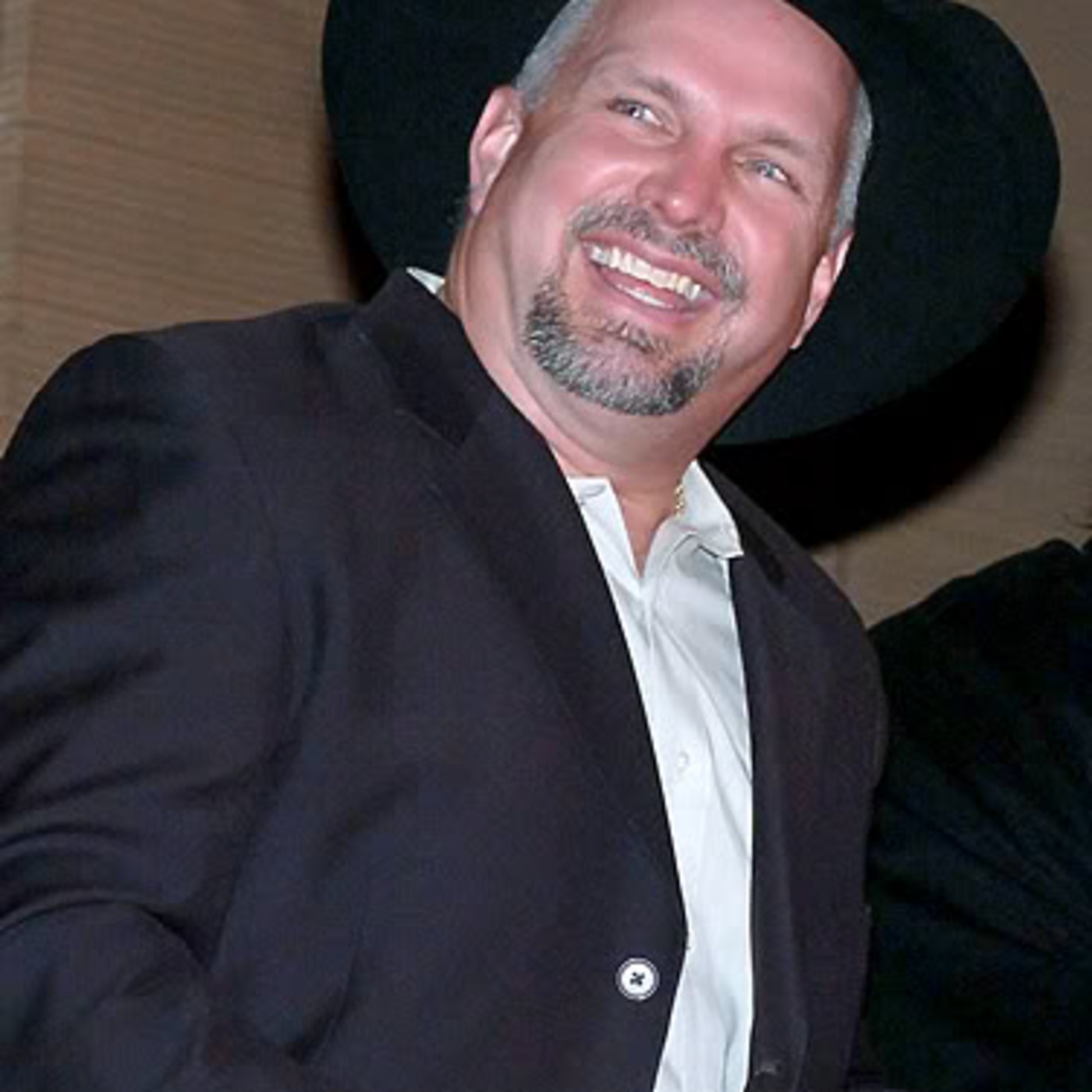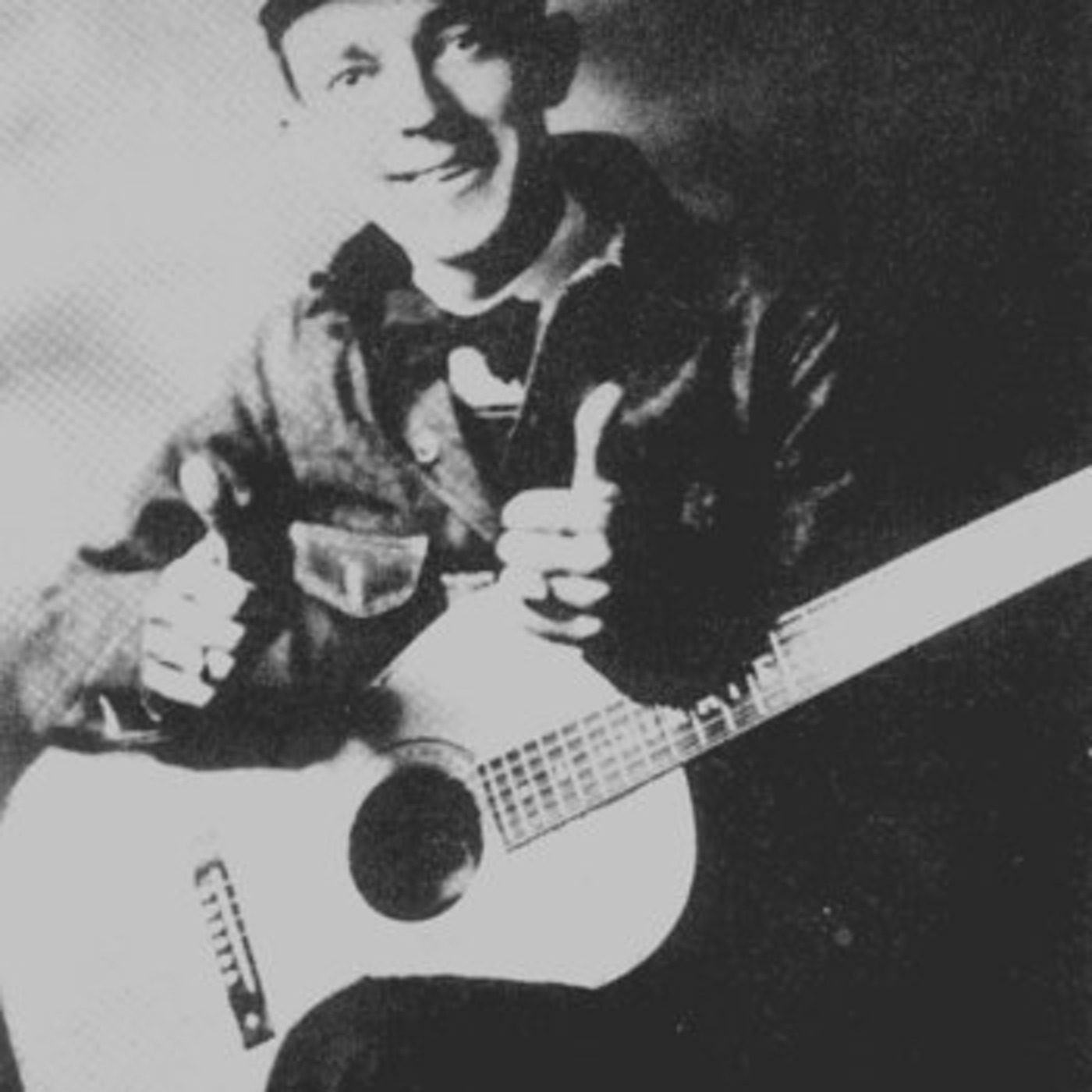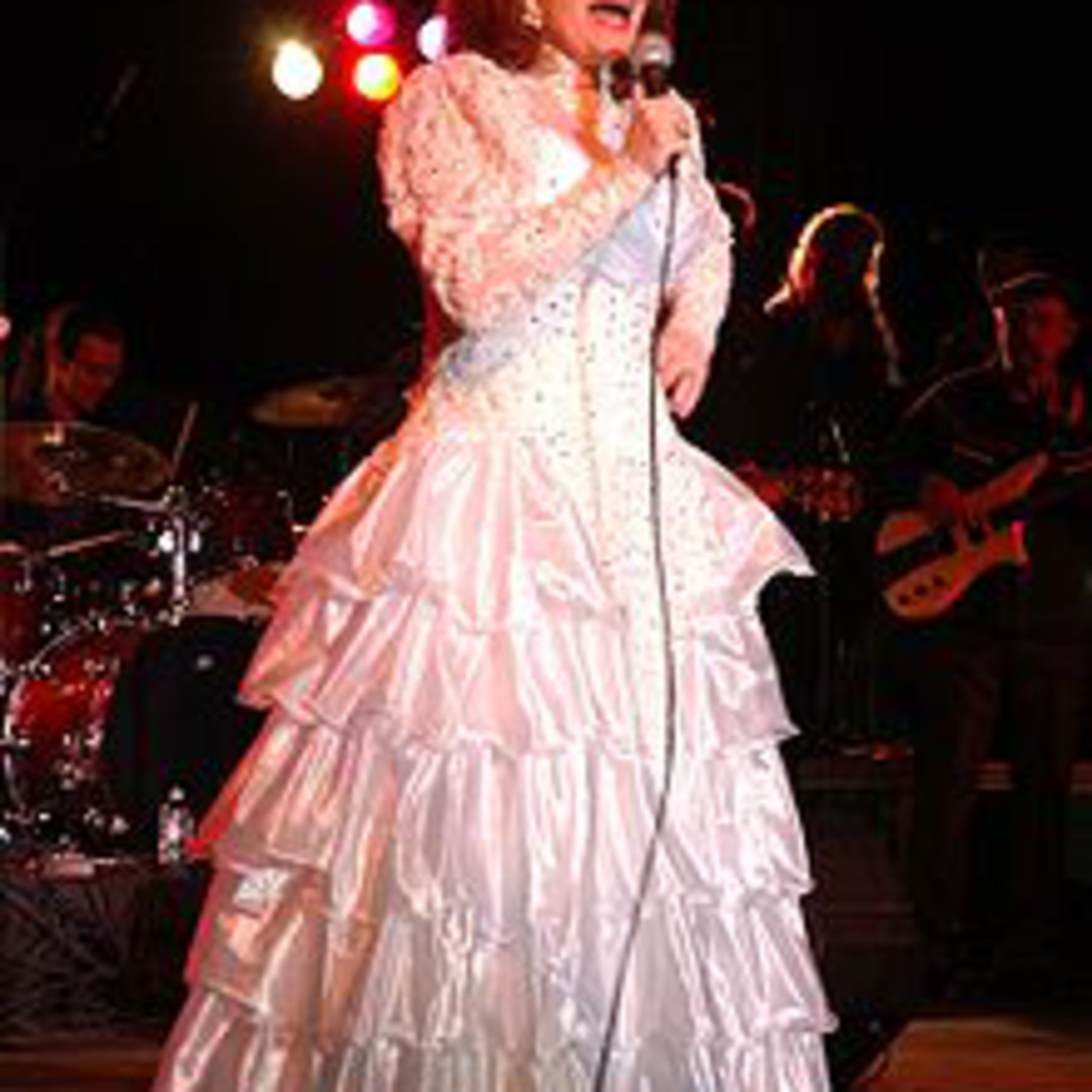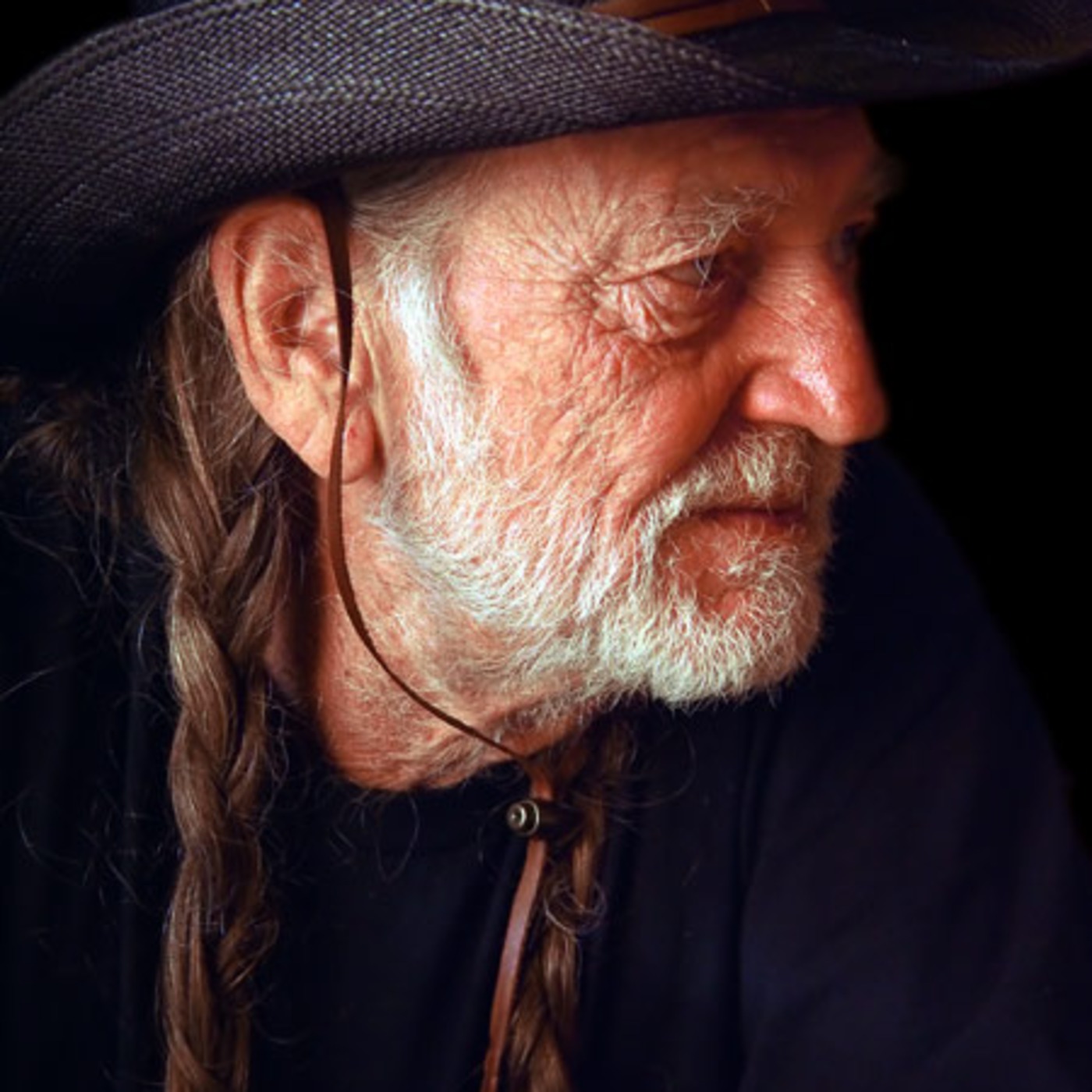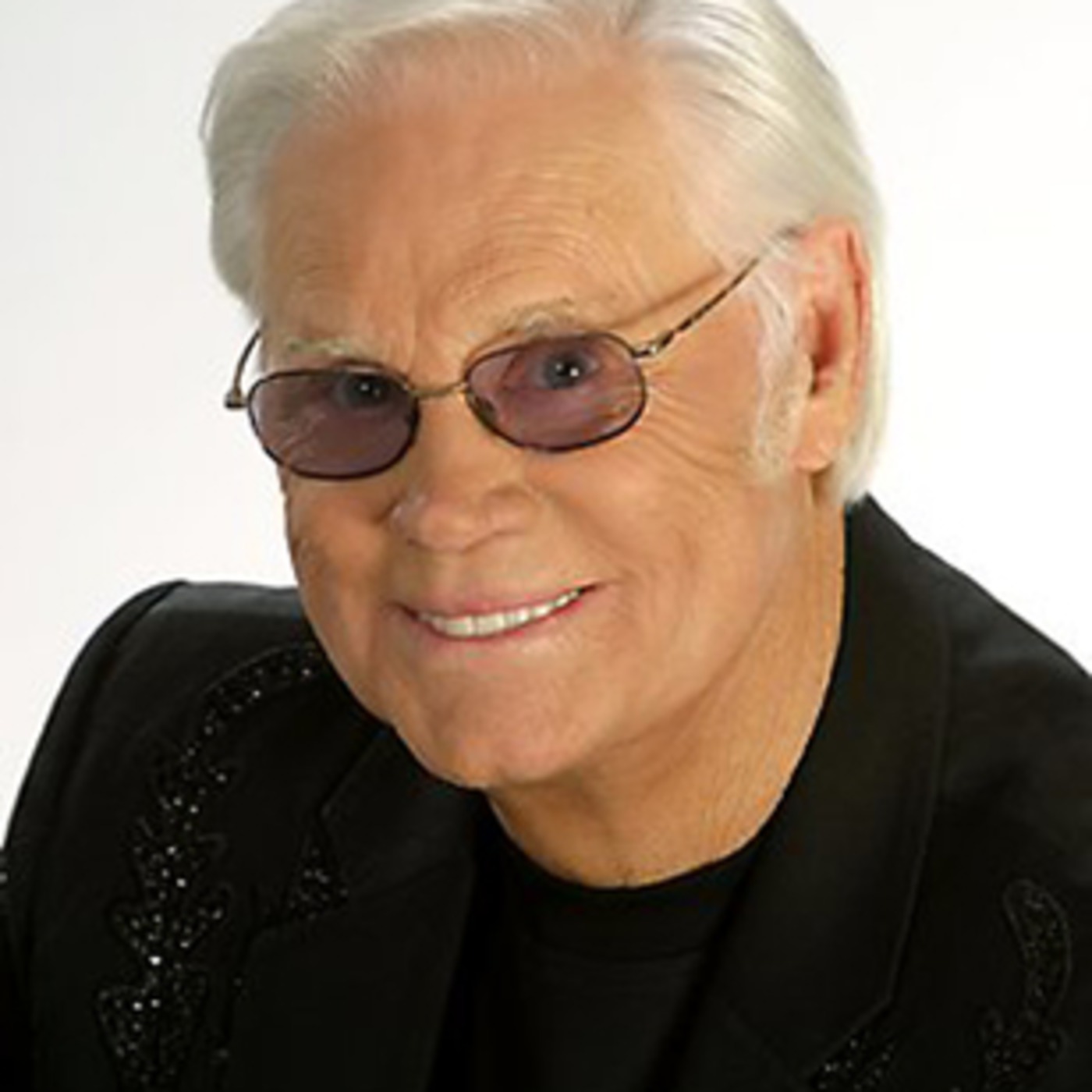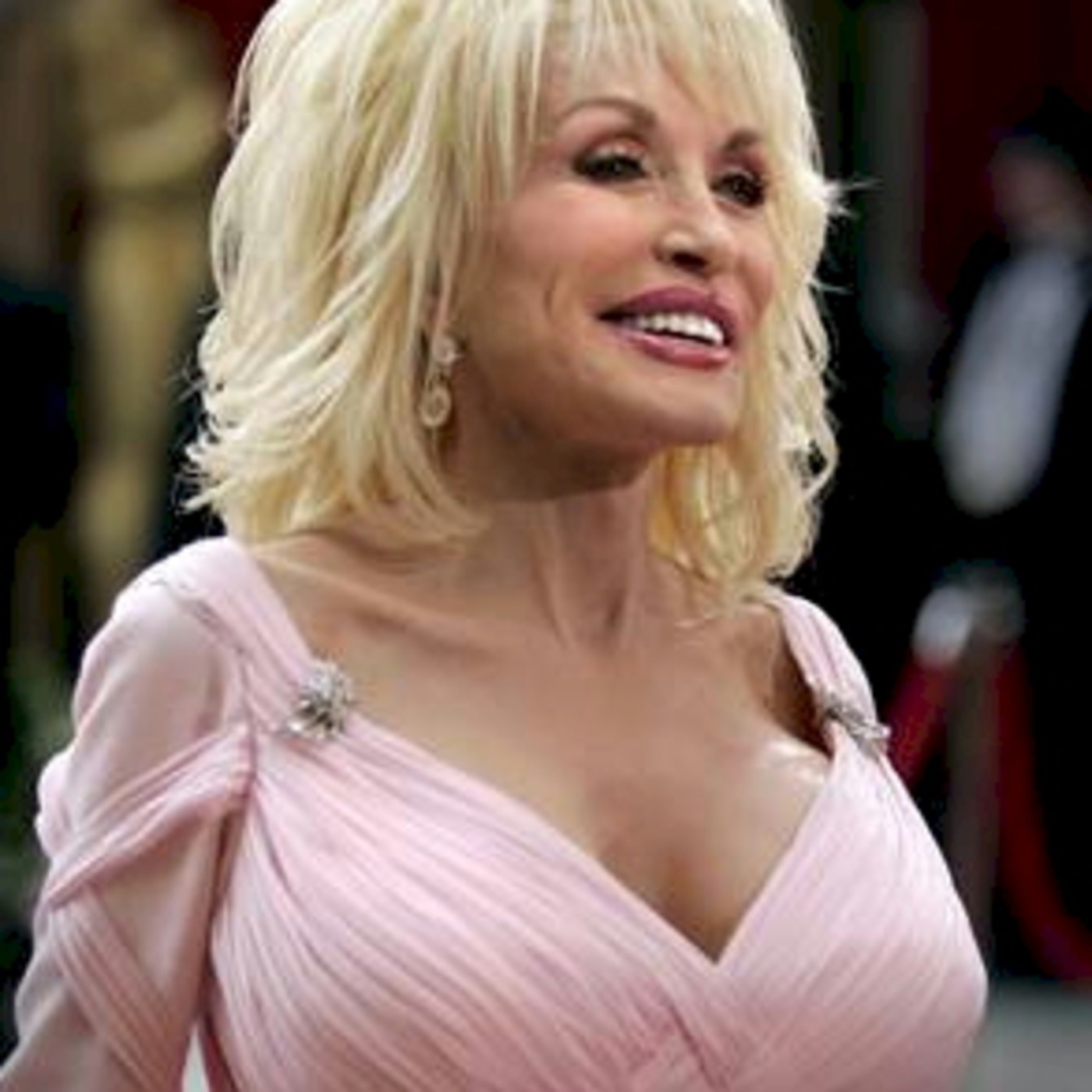Merle Haggard - Okie From Muskoge
Update: 2010-06-07
Description
From Wikipedia, the free encyclopedia
Merle Ronald Haggard (born April 6, 1937) is an American country music singer, guitarist, instrumentalist, and songwriter. Along with Buck Owens, Haggard and his band The Strangers helped create the Bakersfield Sound, which is characterized by the unique twang of Fender Telecaster guitars, vocal harmonies, and a rough edge not heard on the more polished Nashville Sound recordings of the same era.
By the 1970s, Haggard was aligned with the growing outlaw country movement, and has continued to release successful albums through the 1990s and into the 2000s. In 1997, Merle Haggard was inducted into the Oklahoma Music Hall of Fame for his song "Okie from Muskogee".
Early life
Merle Haggard was born in Bakersfield, California in 1937. His parents, Flossie Mae Harp and James Francis Haggard, moved from Oklahoma to California during the Great Depression. At that time, much of the population of Bakersfield consisted of economic refugees from Oklahoma and surrounding states. Haggard spent his childhood in Oildale, a hardscrabble suburb of Bakersfield, home to many of the workers in the adjacent Kern River Oil Field.
Haggard's father died when Merle was nine years old, and Merle soon began to rebel by committing petty crimes and truancy. As a result of being caught shoplifting at a women's lingerie store in 1950 (aged thirteen), he was sent to a juvenile detention center. In 1951, Haggard ran away to Texas with a friend, but returned that same year and was again arrested, this time for truancy and petty larceny. Again running away from the juvenile detention center, he went to Modesto, California. He worked odd jobs—legal and not—and began performing in a bar. Once he was found again, he was sent to the Preston School of Industry, a high-security installation. He was released fifteen months later but was sent back after beating a local boy during a burglary attempt.
After his fourth release, Haggard saw Lefty Frizzell in concert with his friend, Bob Teague. After hearing Haggard sing along to his first two songs Frizzell allowed Haggard to sing at the concert. The audience enjoyed Haggard and he began working on a full-time music career. After he had earned a local reputation, Haggard's money problems caught up with him. He was arrested for attempting to rob a Bakersfield tavern in broad daylight in 1957 and was sent to the San Quentin state prison for three years.
Even while in prison, Haggard ran a gambling and brewing racket from his cell. While put in solitary confinement, Haggard encountered author and death row inmate Caryl Chessman. Haggard had the opportunity to escape with a fellow inmate nicknamed "Rabbit" but passed on it. The inmate successfully escaped, only to shoot a police officer and return to San Quentin for execution. Chessman's predicament along with Rabbit's inspired Haggard to turn his life around.
Haggard attended three of Johnny Cash's concerts at San Quentin. Seeing Cash perform encouraged Haggard to straighten up and pursue his singing. Several years later, at another Cash concert, Haggard came up to Johnny and told him, "I certainly enjoyed your show at San Quentin." Cash said "Merle, I don't remember you bein' in that show." Merle Haggard said, "Johnny, I wasn't in that show, I was in the audience."
Haggard soon earned a high-school equivalence diploma, kept a steady job in the prison's textile plant, and played in the prison's band. Upon his release in 1960, Haggard said it took about four months to get used to being out of the penitentiary and that, at times, he actually wanted to go back in. He said it was the loneliest feeling he had ever had. On Tuesday, March 14, 1972, Haggard was pardoned by Governor Ronald Reagan.
Merle Ronald Haggard (born April 6, 1937) is an American country music singer, guitarist, instrumentalist, and songwriter. Along with Buck Owens, Haggard and his band The Strangers helped create the Bakersfield Sound, which is characterized by the unique twang of Fender Telecaster guitars, vocal harmonies, and a rough edge not heard on the more polished Nashville Sound recordings of the same era.
By the 1970s, Haggard was aligned with the growing outlaw country movement, and has continued to release successful albums through the 1990s and into the 2000s. In 1997, Merle Haggard was inducted into the Oklahoma Music Hall of Fame for his song "Okie from Muskogee".
Early life
Merle Haggard was born in Bakersfield, California in 1937. His parents, Flossie Mae Harp and James Francis Haggard, moved from Oklahoma to California during the Great Depression. At that time, much of the population of Bakersfield consisted of economic refugees from Oklahoma and surrounding states. Haggard spent his childhood in Oildale, a hardscrabble suburb of Bakersfield, home to many of the workers in the adjacent Kern River Oil Field.
Haggard's father died when Merle was nine years old, and Merle soon began to rebel by committing petty crimes and truancy. As a result of being caught shoplifting at a women's lingerie store in 1950 (aged thirteen), he was sent to a juvenile detention center. In 1951, Haggard ran away to Texas with a friend, but returned that same year and was again arrested, this time for truancy and petty larceny. Again running away from the juvenile detention center, he went to Modesto, California. He worked odd jobs—legal and not—and began performing in a bar. Once he was found again, he was sent to the Preston School of Industry, a high-security installation. He was released fifteen months later but was sent back after beating a local boy during a burglary attempt.
After his fourth release, Haggard saw Lefty Frizzell in concert with his friend, Bob Teague. After hearing Haggard sing along to his first two songs Frizzell allowed Haggard to sing at the concert. The audience enjoyed Haggard and he began working on a full-time music career. After he had earned a local reputation, Haggard's money problems caught up with him. He was arrested for attempting to rob a Bakersfield tavern in broad daylight in 1957 and was sent to the San Quentin state prison for three years.
Even while in prison, Haggard ran a gambling and brewing racket from his cell. While put in solitary confinement, Haggard encountered author and death row inmate Caryl Chessman. Haggard had the opportunity to escape with a fellow inmate nicknamed "Rabbit" but passed on it. The inmate successfully escaped, only to shoot a police officer and return to San Quentin for execution. Chessman's predicament along with Rabbit's inspired Haggard to turn his life around.
Haggard attended three of Johnny Cash's concerts at San Quentin. Seeing Cash perform encouraged Haggard to straighten up and pursue his singing. Several years later, at another Cash concert, Haggard came up to Johnny and told him, "I certainly enjoyed your show at San Quentin." Cash said "Merle, I don't remember you bein' in that show." Merle Haggard said, "Johnny, I wasn't in that show, I was in the audience."
Haggard soon earned a high-school equivalence diploma, kept a steady job in the prison's textile plant, and played in the prison's band. Upon his release in 1960, Haggard said it took about four months to get used to being out of the penitentiary and that, at times, he actually wanted to go back in. He said it was the loneliest feeling he had ever had. On Tuesday, March 14, 1972, Haggard was pardoned by Governor Ronald Reagan.
Comments
In Channel

